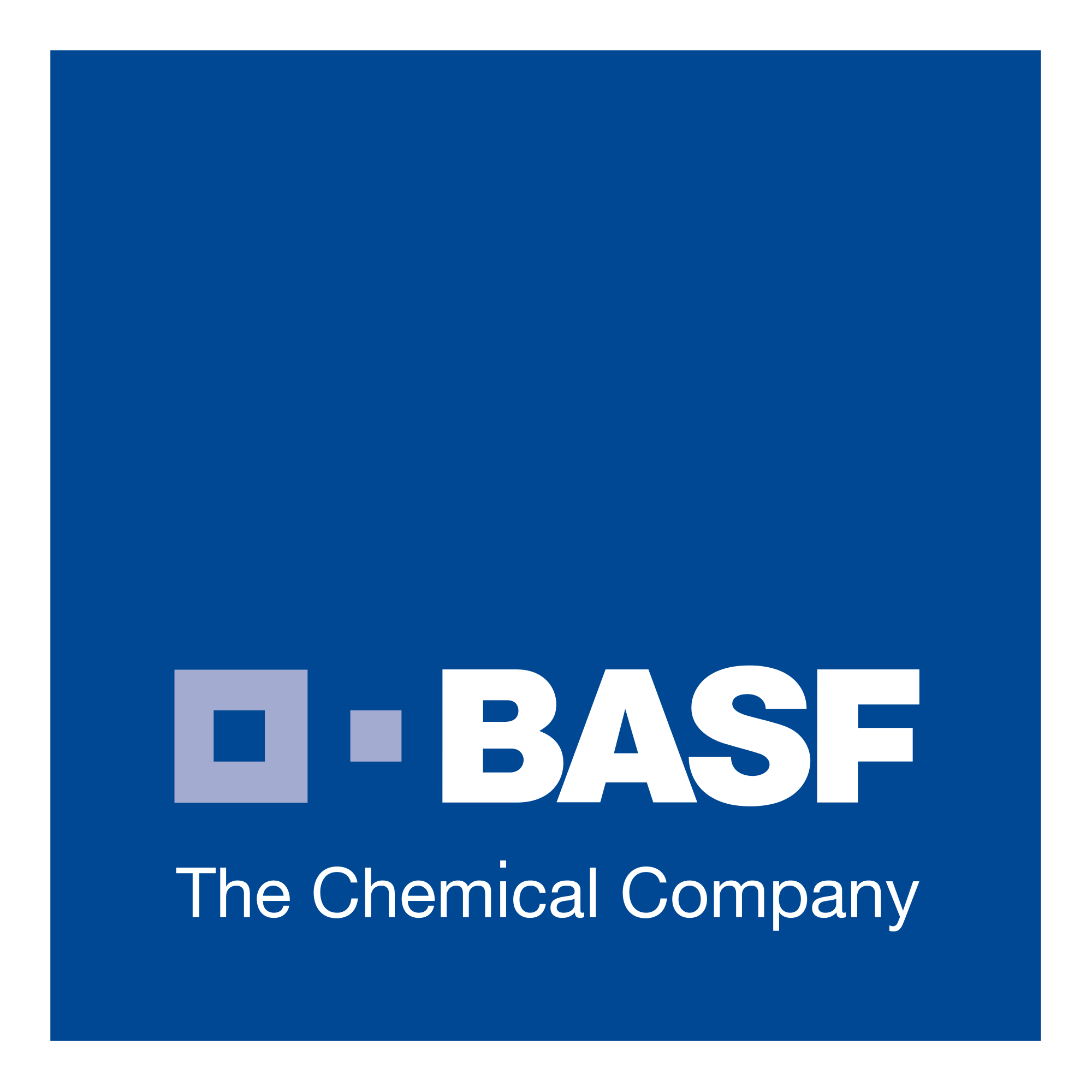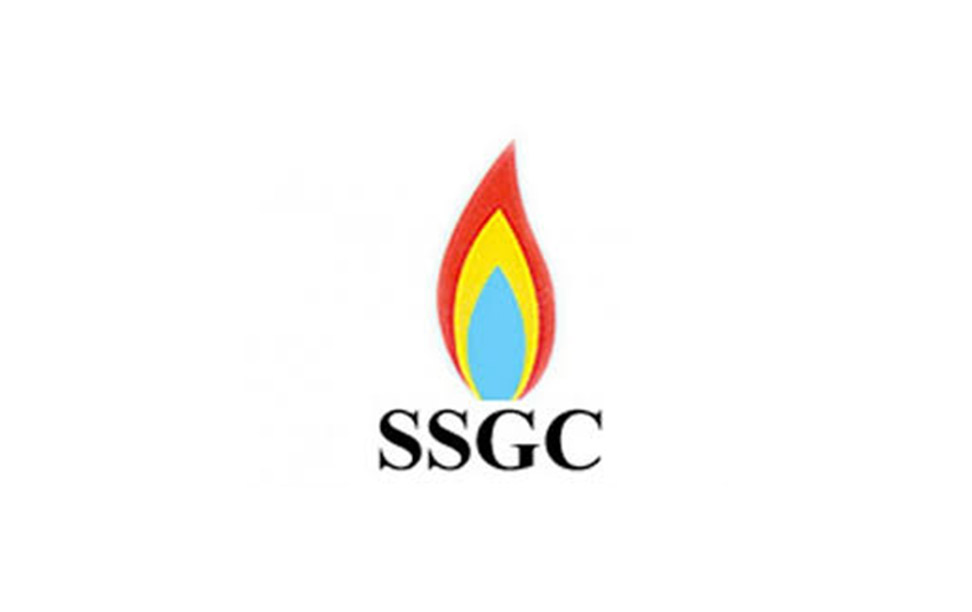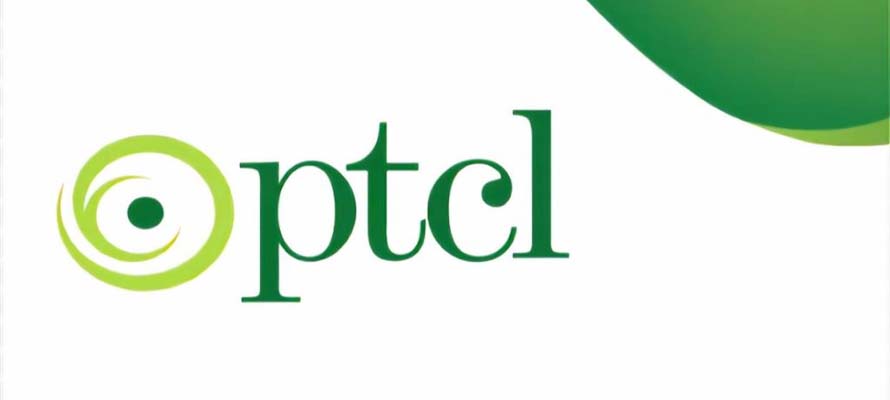Pakistan's health insurance scheme to boost Healthcare growth: Fitch Solutions

MG News | February 25, 2019 at 09:47 AM GMT+05:00
February 25, 2019 (MLN): A recent report by Fitch Solutions on Pakistan’s Health sector covers how and why the sector is all set to prosper, given the recent healthcare reforms in Pakistan which are expected to boost market outlook.
Prime Minister Imran Khan had outlined a host of reforms for advancing public health in the country in its election manifest to in 2018, which included upscaling the Sehat Insaf Card Programme across Pakistan to provide access to quality healthcare to citizens, especially the poor.
Under the Sehat Insaf Card, vulnerable families can benefit from free treatment up to over PKR 720,000 (USD 5,151) annually in 150 government and private hospitals. A wide range of both medical and surgical in-patient services are included in the scheme, including surgeries, stunts, chemotherapy, radiotherapy, dialysis, maternity and other medical and surgical services.
As such, the Sehat Insaf Program will benefit approximately 15 million people currently living below the poverty line. The Ministry of National Health Services, Regulations and Coordination under the leadership of Federal Health Minister has completed an important step to expand the ambit of Social Health Protection Initiative (Sehat Insaf) to poor families across Pakistan. It is expected that upon completion of the programme a total of 14 million families will be enrolled in the scheme.
Furthermore, reforms to ensure the availability of diagnostic facilities, preventive and curative treatment for communicable diseases such as hepatitis, tuberculosis and HIV were also highlighted in the manifesto.
Other than this, the PM aimed for Increasing the number of 24/7 basic health units equipped with a basic package of services, staff and ambulance service to ensure each village has access to a facility within 10 km radius and reduce the burden on tertiary hospitals.
Launching an incentive programme to attract more doctors and nurses to basic health units, building state-of-the-art hospitals in major urban centers, and encouraging private sector participation and partnership to improve the service delivery standard of public health facilities also remained one of the key areas of focus.
However, the report suggests that the outlook for multinational pharmaceutical firms in Pakistan remains bleak. Despite the increasing political will in Pakistan to develop the healthcare sector, given the government's poor track record of implementing planned healthcare sector reforms, there is a possibility that the implementation of such improvements will be delayed.
Moreover, there are numerous weaknesses which will affect the sector's development, including poor governance, lack of access and unequal resources, poor health information management systems, corruption in the health system, a lack of monitoring in health policy and health planning, and a lack of trained staff.
Nevertheless, the report further suggests that the rising burden of chronic disease, ageing population and healthcare reforms will continue to contribute to pharmaceutical market growth.
Copyright Mettis Link News
Related News
| Name | Price/Vol | %Chg/NChg |
|---|---|---|
| KSE100 | 138,597.36 256.32M | -0.05% -68.14 |
| ALLSHR | 85,286.16 608.38M | -0.48% -413.35 |
| KSE30 | 42,340.81 77.13M | -0.03% -12.33 |
| KMI30 | 193,554.51 76.19M | -0.83% -1627.52 |
| KMIALLSHR | 55,946.05 305.11M | -0.79% -443.10 |
| BKTi | 38,197.97 16.53M | -0.59% -225.01 |
| OGTi | 27,457.35 6.73M | -0.94% -260.91 |
| Symbol | Bid/Ask | High/Low |
|---|
| Name | Last | High/Low | Chg/%Chg |
|---|---|---|---|
| BITCOIN FUTURES | 117,670.00 | 121,165.00 117,035.00 | -1620.00 -1.36% |
| BRENT CRUDE | 69.23 | 70.77 69.14 | -0.29 -0.42% |
| RICHARDS BAY COAL MONTHLY | 96.50 | 0.00 0.00 | 2.20 2.33% |
| ROTTERDAM COAL MONTHLY | 104.50 | 104.50 104.50 | -0.30 -0.29% |
| USD RBD PALM OLEIN | 998.50 | 998.50 998.50 | 0.00 0.00% |
| CRUDE OIL - WTI | 66.03 | 67.54 65.93 | -0.20 -0.30% |
| SUGAR #11 WORLD | 16.79 | 17.02 16.71 | 0.05 0.30% |
Chart of the Day
Latest News
Top 5 things to watch in this week
Pakistan Stock Movers
| Name | Last | Chg/%Chg |
|---|
| Name | Last | Chg/%Chg |
|---|




 Weekly Forex Reserves
Weekly Forex Reserves